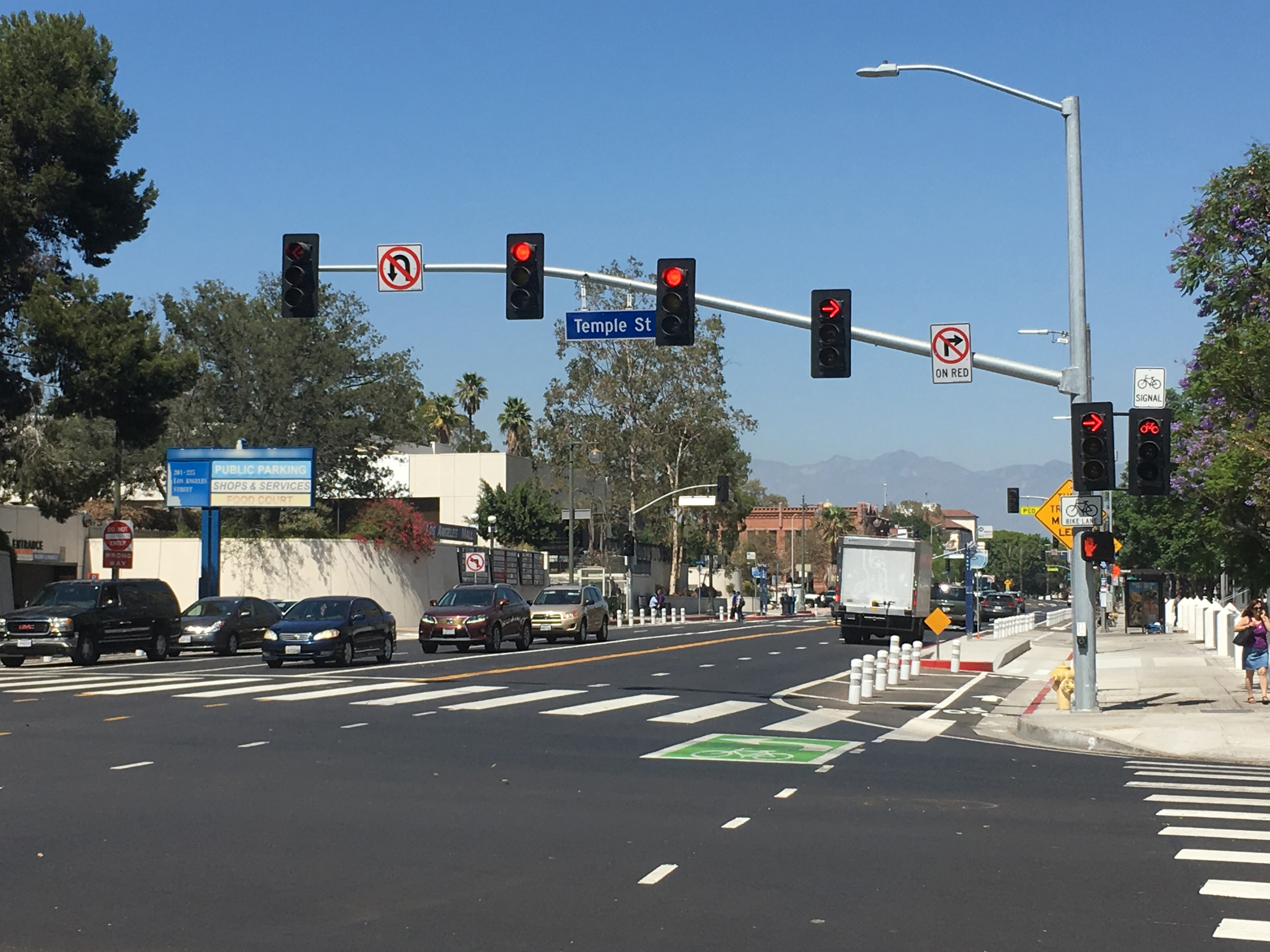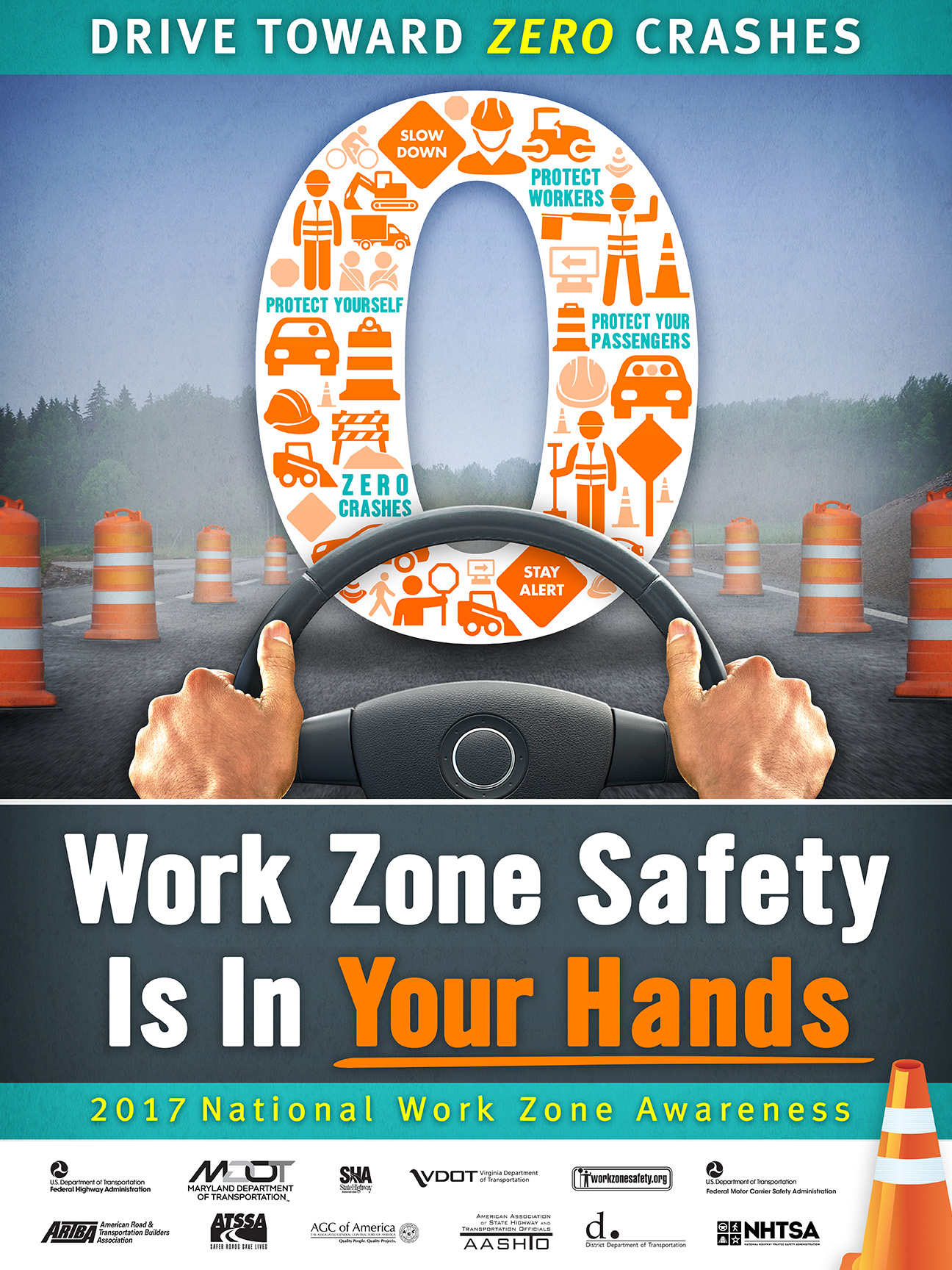April 6, 2017
Innovation of the Month:
Automated Traffic Signal Performance Measures
The Every Day Counts (EDC) innovation of the month for April is automated traffic signal performance measures (ATSPMs), a suite of performance measures and data collection and analysis tools used to modernize traffic signal management.
More than 330,000 traffic signals operate in the United States. Typically, highway agencies retime signals on a 3- to 5-year cycle at a cost of about $4,500 per intersection. For most signals, citizen complaints are the main performance measure. The need to manually collect data to support the use of software to simulate performance drives up retiming costs.
ATSPMs provide high-resolution data to support objectives and performance-based approaches to managing the maintenance and operation activities of traffic signal programs, enabling agencies to boost safety and efficiency while cutting congestion and cost.

View an EDC-4 webinar on ATSPMs.
Register for a webinar on “Using Performance Measures to Justify Signal Systems on Arterials” from 10:30 a.m. to 12 noon ET on May 4.
Contact Eddie Curtis or Rick Denney of the FHWA Resource Center for information and technical assistance.
FHWA Encourages Work Zone Safety

Michigan Installs High-Friction Surface Treatments on Interstates
The Michigan Department of Transportation (MDOT) installed high-friction surface treatments (HFST) on mainline interstate lanes for the first time. MDOT applied HFST on a 1-mile stretch of eastbound and westbound I-94 in the southwest part of the State and on a quarter-mile section of northbound I-75 north of Detroit. The agency started using HFST—pavement overlay systems with exceptional skid resistance—on Michigan roads and ramps in 2007.
North Dakota Tests Fiber-Optic Traffic Monitoring
The North Dakota Department of Transportation (NDDOT) is testing a fiber-optic traffic monitoring system on I-29 in Fargo. The system was identified through NDDOT’s Transportation Innovation Program (TRIP), which evaluates innovations for advancement. The equipment can detect real-time traffic speeds along the length of the fiber-optic cable buried next to the road and volume data at locations where the cable crosses travel lanes. This is the first North American test of the traffic monitoring capabilities of the system—originally developed for site security applications—and the first global test of traffic counting. TRIP received funding from FHWA’s State Transportation Innovation Council Incentive program.
States Participate in Road Diet Peer Exchange
A virtual peer exchange on March 29 enabled participants from Delaware, Illinois, Nevada, North Dakota, and West Virginia to exchange ideas on road diet implementation. Participants discussed efforts in their States to implement road diets to improve safety and relieve congestion. Other topics included identifying and evaluating locations for roadway reconfiguration, road diet myths, and outreach strategies. Participants also listed solutions and action items to address obstacles to deploying road diets in their States. Road diets are one of the countermeasures FHWA recommends in the EDC-4 safe transportation for every pedestrian program.


